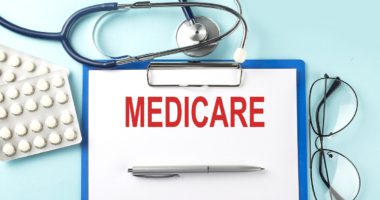College-appointed Super Delegates serve as the conduit between delegates, regional societies and the HOD leadership. They facilitate the communication of important issues and concerns amongst these key stakeholders. Super Delegates also should build rapport with legislators, lobbyists, allergists, and member societies in his or her region. Each Super Delegate represents one of six regions. As part of this nationwide advocacy network, Super Delegates work to shape the profession and policies that improve patient outcomes. In return, the College provides advocacy materials, training and contacts.
Requirements: Only Fellows in good standing should apply for the Super Delegate position
Super Delegates:
- Serve a five-year renewable term.
- Must live/work within the region.
- Must have strong written and oral communication skills.
- Should plan to devote two to four hours per month to this position.
- Should disclose any conflicts of interest(s).
- Complete Super Delegate application and submit CV.
Prospective candidates should possess a strong interest in local and state politics (an existing network of local policy makers and influencers is a plus). They should exhibit a keen sense of the legislative issues facing the allergy/immunology community, including a strong desire to serve patients and colleagues.
Responsibilities: Super Delegates’ responsibilities include developing strong communication networks with State Delegates to monitor regional and state legislation. In addition, Super Delegates will collect and communicate advocacy news to the Advocacy Council. They’ll contact member allergy societies (in their region that are not represented by a College State Delegate) and build a rapport to further develop the allergy network. Super Delegates will secure support for Advocacy Council and HOD initiatives and support/participate in all HOD activities.
Communication flow: When a Super Delegate identifies regulatory or legislative issues in their region, they will share it with their region’s State Delegates, the Advocacy Council Chair, the HOD Speaker, and the Executive Director of Advocacy and Governmental Affairs (The Leadership Group). The Leadership Group will determine next steps, and if appropriate, quickly develop an Advocacy Alert, which will be disseminated to impacted College members. Super Delegates also will conduct periodic conference calls with the State Delegates and presidents of member societies to discuss local issues and HOD programs.
The House of Delegates uses a “bubble-up” / “trickle-down” communication stream. It depends on Super Delegates and State Delegates to bring issue(s) from local levels – that needs a broader perspective e.g.: carrier, political, inter-specialty, lay organizations – to the Leadership Group. Issue(s) / concern(s) that may have local impact, will be disseminated through Super Delegates and State Delegates to leaders of the local and state societies.
Communication criteria:
- Be a patient and skilled listener.
- Speak and communicate in a positive manner.
- Communicate only appropriate information.
- Support and/or advance College messaging only.
- Seek guidance/input from The Leadership Group before responding to any issue.


